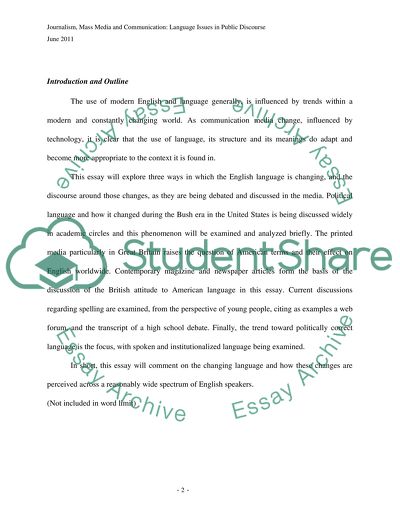Cite this document
(“Language Issues in Public Discourse Research Paper - 1”, n.d.)
Retrieved from https://studentshare.org/religion-and-theology/1423760-language-issues-in-public-discourse
Retrieved from https://studentshare.org/religion-and-theology/1423760-language-issues-in-public-discourse
(Language Issues in Public Discourse Research Paper - 1)
https://studentshare.org/religion-and-theology/1423760-language-issues-in-public-discourse.
https://studentshare.org/religion-and-theology/1423760-language-issues-in-public-discourse.
“Language Issues in Public Discourse Research Paper - 1”, n.d. https://studentshare.org/religion-and-theology/1423760-language-issues-in-public-discourse.


